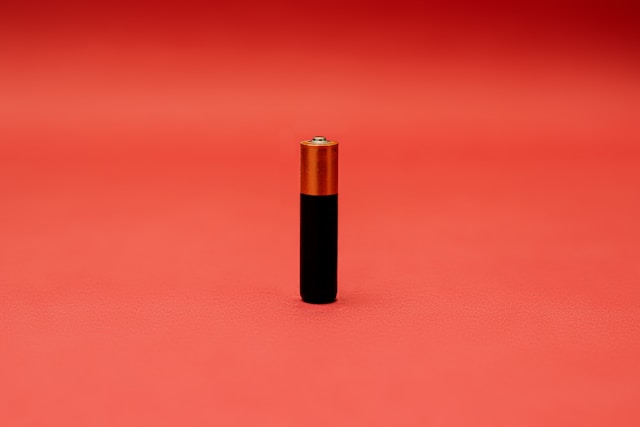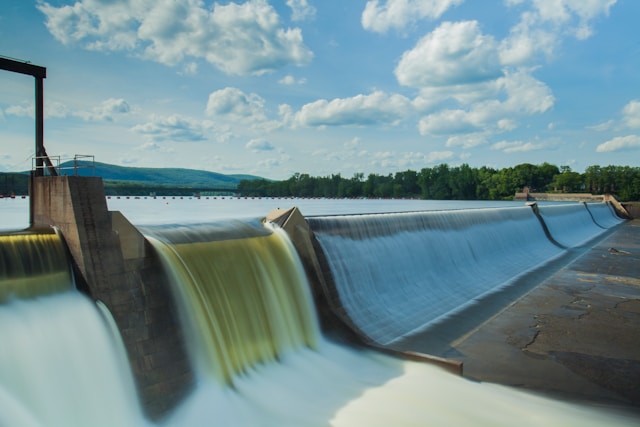In the realm of renewable energy, the question of “which provides long-term energy storage” is a critical one. The ability to store energy for extended periods is a crucial aspect of energy management, especially when dealing with intermittent energy sources like solar and wind. This article explores different technologies that offer long-term energy storage solutions.
Batteries
When discussing which provides long-term energy storage, batteries, particularly Lithium-ion batteries, are often the first to come to mind. They have been widely used for energy storage due to their high energy density, long lifespan, and declining cost. However, while they are excellent for short-term storage and quick discharge, they may not be the most efficient solution for long-term energy storage due to capacity limitations and degradation over time.

Pumped Hydro Storage
Pumped hydro storage is a mature technology that answers the question of which provides long-term energy storage. It involves pumping water uphill to a storage reservoir when excess energy is available and releasing it to generate electricity when needed. This technology offers large storage capacity and can store energy for several months. However, its implementation is limited by geographical requirements and environmental concerns.

Compressed Air Energy Storage (CAES)
CAES is another technology that provides long-term energy storage. It involves storing excess energy in the form of compressed air in underground caverns. When power is needed, the compressed air is heated and expanded in a turbine to generate electricity. CAES systems have a long lifespan, large capacity, and can store energy for extended periods. However, like pumped hydro storage, their implementation is geographically constrained.
Thermal Energy Storage
Thermal energy storage, which includes technologies such as molten salt storage, ice storage, and heat storage, is another answer to which provides long-term energy storage. These systems store energy in the form of heat or cold, which can be converted back into electricity when needed. They are particularly useful in conjunction with solar power plants, where excess heat from the sun can be stored for use during the night or cloudy days.
Hydrogen Energy Storage
Hydrogen energy storage is an emerging technology that provides long-term energy storage. It involves using excess electricity to split water into hydrogen and oxygen, a process known as electrolysis. The hydrogen can be stored for long periods and then converted back into electricity using a fuel cell. This technology has enormous potential for long-term storage, but it is currently expensive and less efficient than other methods.
In conclusion, the answer to “which provides long-term energy storage” depends on the specific needs, resources, and constraints of a given situation. Various technologies, including batteries, pumped hydro storage, CAES, thermal energy storage, and hydrogen storage, can provide long-term energy storage. The challenge lies in selecting and implementing the most suitable solution for a given context.





